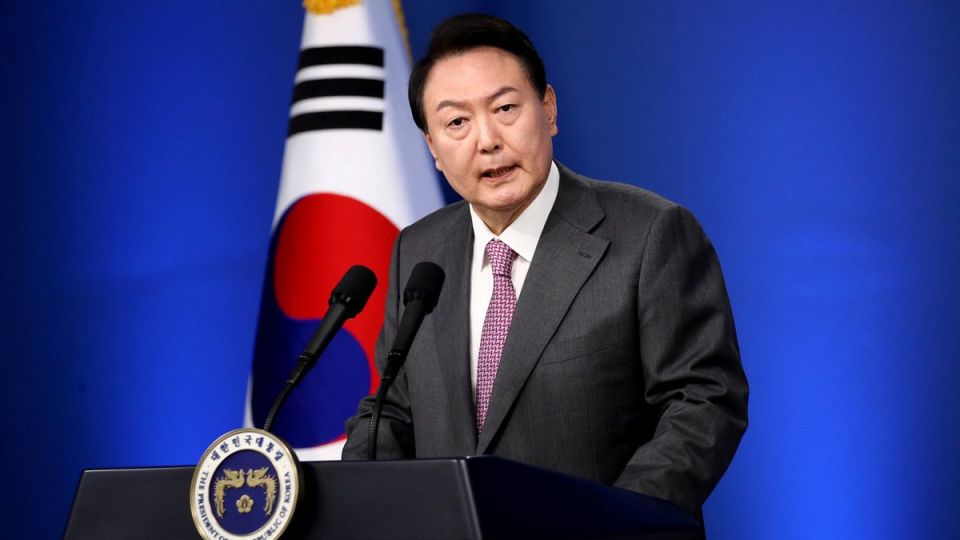December 7, 2022
SEOUL – These days, Korean pop culture, from K-pop, to K-film to K-food, enjoys fame and popularity all over the world. The Korean people are proud of the phenomenon and greatly elated when foreign columnists remark that the popularity of Korean pop culture seems to have replaced that of American and British pop culture, which enchanted the world in the past.
Foreigners who live in South Korea also applaud K-medical service and K-speed. When you need medical treatment or even major surgery, you do not need to worry about a thing in Korea. There are numerous doctors’ offices in town you can walk in without an appointment. Moreover, the medical insurance policy administered by the Korean government will comfortably cover your medical bill.
Many other countries’ medical systems are not as good as Korea’s. In countries that have adopted a socialist medical system, for example, you may be forced to wait indefinitely, even though you may not need to worry about expensive medical bills. In the US, on the other hand, you can count on finding highly skilled medical practitioners with state-of-the-art equipment, and yet you are likely to be appalled at the astronomical amount of hospital fees. It was no wonder that former US President Barack Obama benchmarked the Korean medical system when he launched the so-called “Obama Care.”
As for K-speed, it is very convenient in many respects. Of course, it has its downsides, such as rough-and-ready assemblies and practices that follow the principle of “the faster, the better.” Still, however, K-speed is good, especially when you are in a hurry. In many other countries, you might wait for a long time due to their slow tempo, no matter how urgent your situation.
At the same time, however, there is one thing that the Korean people are ashamed of: It is their country’s toxic political environment. Indeed, Korean politicians seem to be interested in serving their party only, not the people. Therefore, politicians are busy slandering their political foes, using tragic accidents for political gain, or scrutinizing the first lady’s every move in search of fresh “scandals.”
To make matters worse, such politicians are responsible for splitting the entire nation into two mutually antagonizing ideological groups. They are only interested in maintaining and regaining power, not in the future of Korea amid the vortex of domestic and international crises. Meanwhile, national security is at stake, financial stability falters, and diplomacy strays. It is only natural that many Koreans find their politicians a sheer disappointment and a disgrace to their country.
Recently, a foreign political commentator called such regrettable sociopolitical disruptions of Korea the “K-plague.” He wrote to me: “Although much of the heavy ‘burden’ on the new leader’s shoulders are inherited from his predecessors, history tells us many won’t see it that way. The assumption is that the problem is always ‘caused’ by the new president within the first six months in office.” Then, he continued, “The fact is, Korea’s deep wounds and the lingering effects of its current political plague need more than five years to fix. Maybe five years isn’t even enough to bring the country back to international standards as a healthy nation primarily due to these ‘gifts’ the country has inherited.”
Hearing his gloomy diagnosis, we cannot but help sigh with a heavy heart. It means that we need more than five years to recuperate from our current malady, for which the previous government is responsible. Yet, our politicians continue to be engaged in factional scuffles, not realizing that other countries are far ahead of us in the meantime.
The foreign intellectual also wrote: “Of course, most countries face the same or similar problems, but they are not as critical as Korea. Lack of consensus and the lack of a mood of togetherness among people seem to remain as significant obstacles when moving forward. That, as I see it, is the K-plague.” He aptly pointed out the problem of the “polarization” of the Korean society, and the unfortunate prevalence of enmity and antagonism.
Another critical issue that plagues Korean society is the control of public broadcasting companies by radical labor unions. They have a reputation of manipulating and even fabricating news, if necessary, for political gain, thereby bringing us into the “post-truth” era where emotions and personal beliefs, not objective facts, shape public opinions.
K-plague may also refer to unscrupulous “populism” that endangers our financial stability. Voters should reject political leaders who try to entice the people with sugarcoated populism. We should stop populism in order to avoid the country’s bankruptcy.
Extreme nationalism or tribalism, too, can be part of the K-plague, which seriously hampers the global connectedness of South Korea. Moderate nationalism may be all right, but when it goes too extreme, it creates serious problems, such as anti-foreign country sentiments.
Standing between K-pop and K-plague, which represent our pride and shame respectively, we realize we should overcome K-plague as soon as possible. When the day comes, we can be truly proud of our country.


